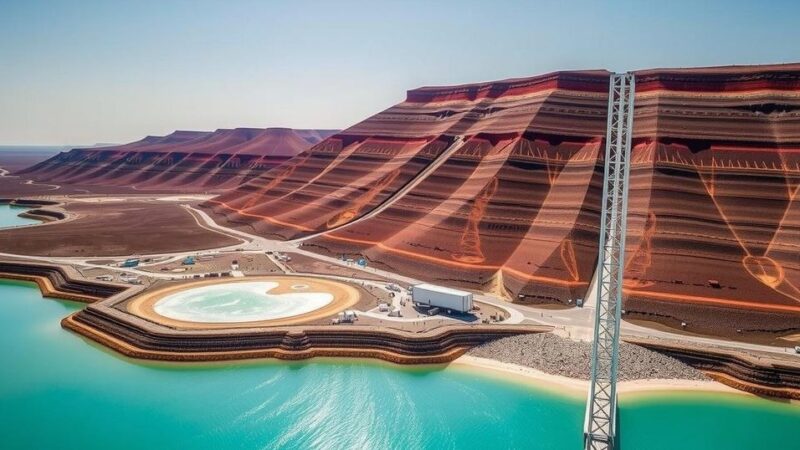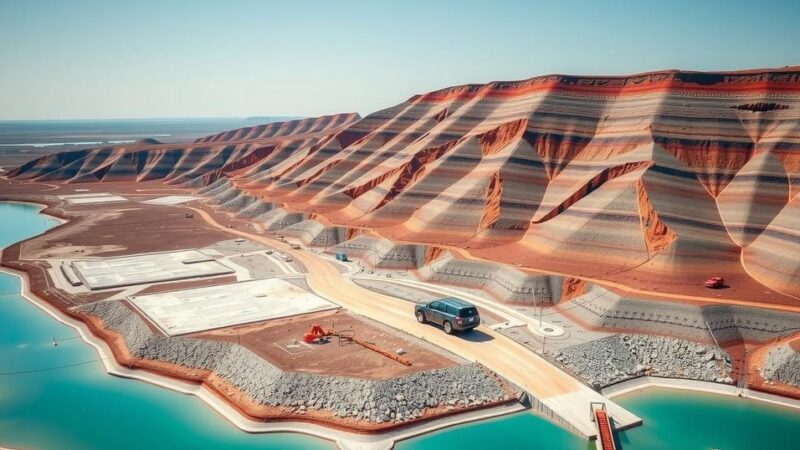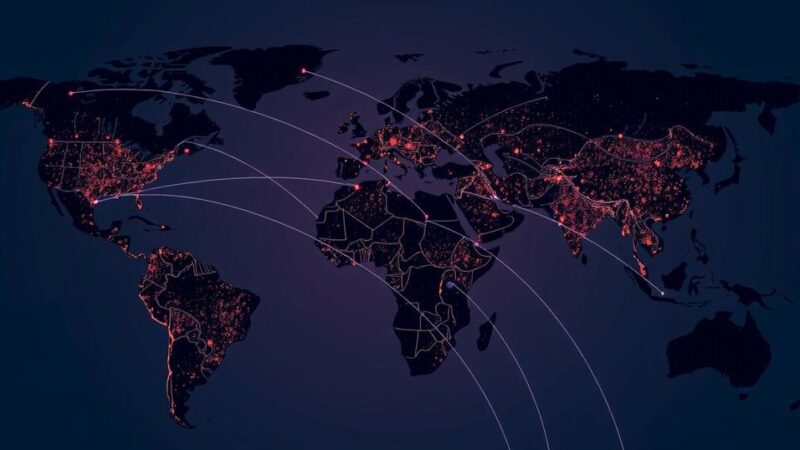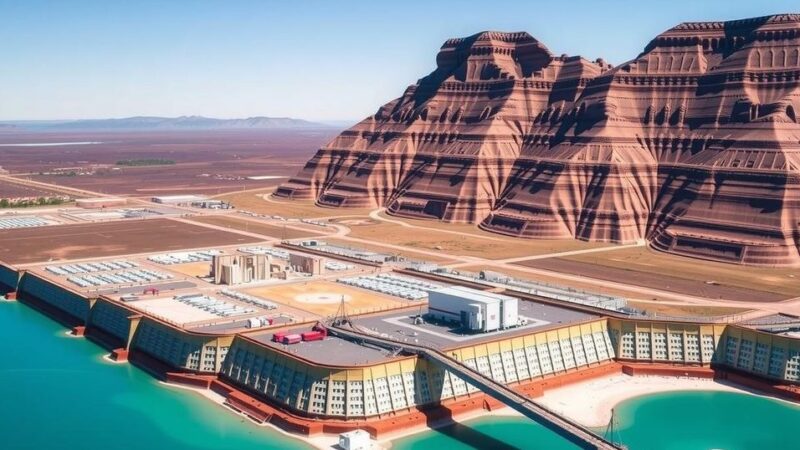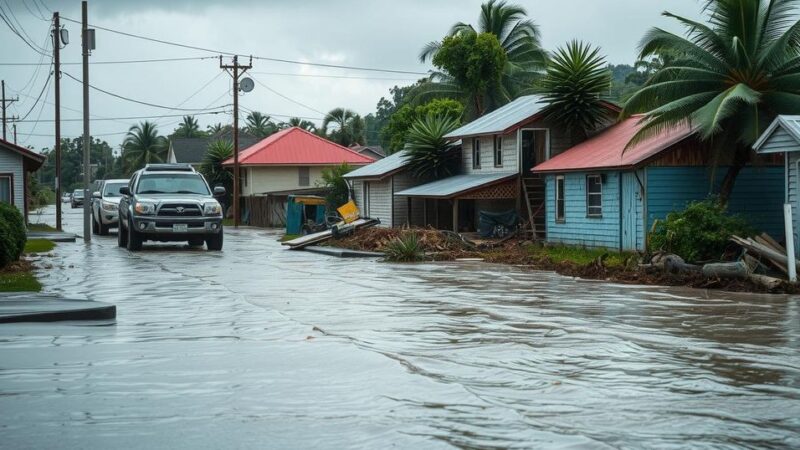The EBID is committed to maintaining strong financial relations with Mali, Niger, and Burkina Faso, despite the countries’ plans to exit ECOWAS. Dr. George Agyekum Donkor emphasized the importance of financial responsibility and stated that the institution focuses on economic partnerships rather than politics. Established in 1999, EBID aims to support development across its member states.
The Economic Community of West African States (ECOWAS) Bank for Investment and Development (EBID) has reaffirmed its commitment to preserving financial partnerships with Mali, Niger, and Burkina Faso, despite ongoing political tensions within ECOWAS. Amid the backdrop of these three nations’ intentions to withdraw from the organization, EBID continues to prioritize collaboration with them. During the 89th Ordinary Session of the Bank’s Board of Directors held on October 1, 2024, in Lomé, Dr. George Agyekum Donkor, the President of EBID, articulated this position with clarity. He noted, “Concerning Sahel Alliance member countries such as Mali, Niger, and Burkina Faso, the Bank maintains strong commercial relations with them, despite political tensions.” Dr. Donkor further emphasized that the financial engagements of these nations should remain unaffected by their potential exit from ECOWAS, given that “the Bank remains a financial and not a political institution.” Furthermore, he highlighted the financial responsibility exhibited by these countries, stating, “Burkina Faso, for example, is up to date with its loan repayment obligations, and Niger has also begun to repay its debts.” This commitment to financial accountability is crucial, especially in light of Togo’s initiatives to bolster trade and customs cooperation with the aforementioned countries. EBID, established in 1999, possesses an authorized capital of $3.5 billion as of the end of 2023, of which 70% is held by regional stakeholders from the 15 ECOWAS member states. The recently formed Alliance of Sahel States constitutes 6.29% of this capital, in contrast to the contributions from Nigeria (31.24%), Ghana (15.71%), and Togo (3.43%).
The Economic Community of West African States (ECOWAS) is a regional political and economic union aimed at fostering economic integration and collaboration among its member states. However, recent political unrest and conflicts have led several countries, particularly in the Sahel region, including Mali, Niger, and Burkina Faso, to contemplate distancing themselves from ECOWAS. This development poses challenges for institutions like the ECOWAS Bank for Investment and Development (EBID), which relies on stable financial relations to fulfill its mission of development funding across the region. The EBID’s commitment to maintaining these partnerships reflects a broader strategy to support regional stability and economic growth, despite political uncertainties.
In conclusion, the EBID’s unwavering dedication to continuing its financial partnerships with Mali, Niger, and Burkina Faso highlights the importance of economic ties over political differences within the broader context of regional instability. Dr. Donkor’s statements underline the bank’s stance that financial obligations should remain intact, irrespective of political shifts. As the situation evolves, the role of financial institutions in fostering cooperation and adherence to repayment commitments will be critical in ensuring economic stability in the region.
Original Source: www.togofirst.com


